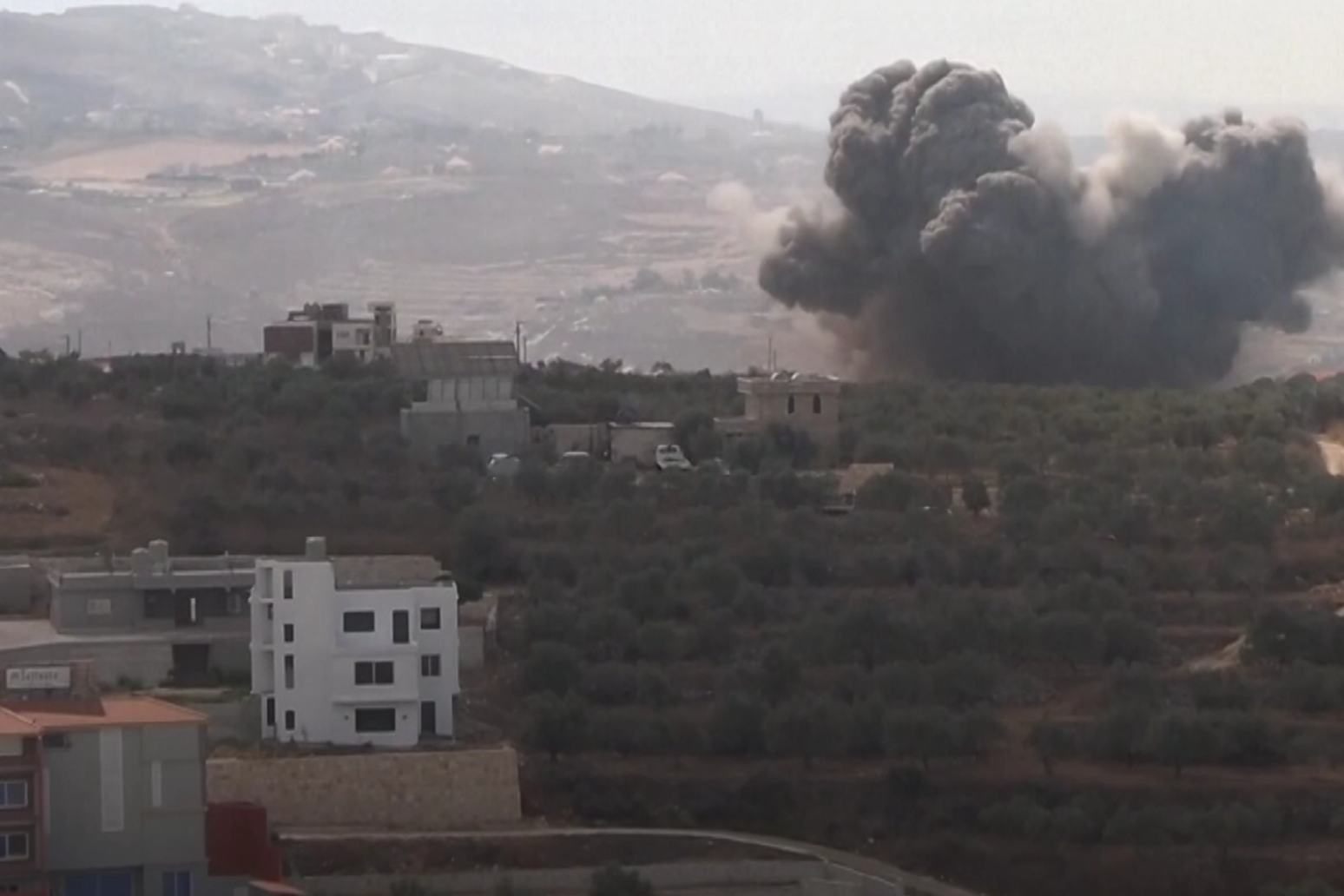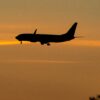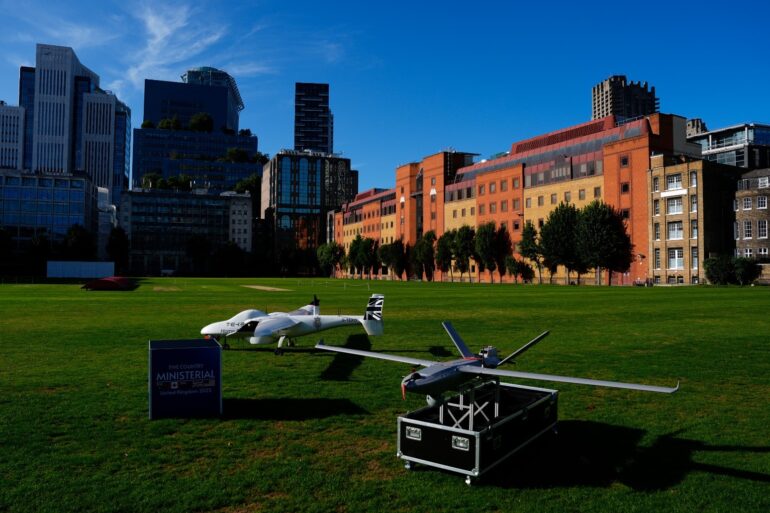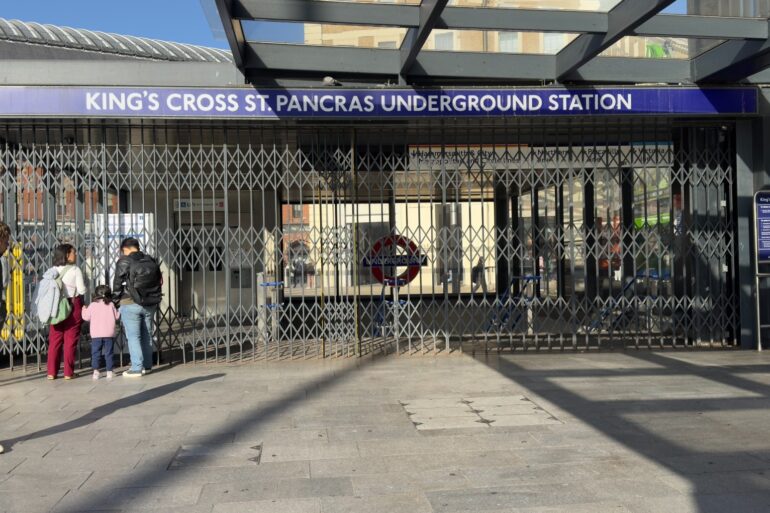Listeners:
Top listeners:
-
 play_arrow
play_arrow
WBPL – LIVE As Blackpool As You Are
 Adele - Easy On Me
Wow I love this song! Thank you for your amazing music!
Aria R.
Adele - Easy On Me
Wow I love this song! Thank you for your amazing music!
Aria R.
 Deep Purple - Smoke On the Water
Shoutout to the rainbow in my life, Gina!
Orion S.
Deep Purple - Smoke On the Water
Shoutout to the rainbow in my life, Gina!
Orion S.
 Luna Park - Space Melody (Radio Version)
Calling my cosmic companion, Jane! Hit play and let's embark on a musical space journey.
Luna Park - Space Melody (Radio Version)
Calling my cosmic companion, Jane! Hit play and let's embark on a musical space journey.
Thousands clog highways as Lebanese try to flee out of Israeli firing line

-56ae66.png)
Thousands of Lebanese citizens have led from southern parts of the country, with highways and roads out of the port city of Sidon jammed with cars.
Residents evacuated and headed towards the capital of Beirut in the biggest exodus since 2006.
Data from fire-tracking satellites used by the United States showed the wide range of Israeli airstrikes that targeted southern Lebanon, an Associated Press analysis on Tuesday showed.
Nasa’s Fire Information for Resource Management System typically is used by experts to track wildfires across rural areas of the US. However, they also can be used to track the flashes and burning that follow airstrikes.
Israeli strikes on Lebanon have killed more than 490 people including more than 90 women and children, Lebanese authorities have said, in the deadliest barrage since the Israel-Hezbollah war.
The Israeli military warned residents in southern and eastern Lebanon to evacuate ahead of its widening air campaign against Hezbollah.
Thousands of Lebanese fled the south, and the main highway out of the southern port city of Sidon was jammed with cars heading toward Beirut in the biggest exodus since 2006.
Lebanon’s health ministry said the strikes killed 492 people, including 35 children and 58 women, and wounded 1,645 people — a staggering one-day toll for a country still reeling from a deadly attack on communication devices last week.
The death toll far surpassed that of Beirut’s devastating port explosion in 2020, when hundreds of tons of ammonium nitrate stored in a warehouse detonated, killing at least 218 people and wounding more than 6,000.
In a recorded message, Israeli Prime Minister Benjamin Netanyahu urged Lebanese civilians to heed Israeli calls to evacuate, saying: “Take this warning seriously.”
“Please get out of harm’s way now,” Mr Netanyahu said. “Once our operation is finished, you can come back safely to your homes.”
Israel’s military spokesman, Rear Admiral Daniel Hagari, said the army will do “whatever is necessary” to push Hezbollah from Lebanon’s border with Israel.
Rear Admiral Hagari claimed Monday’s widespread airstrikes had inflicted heavy damage on Hezbollah.
But he would not give a timeline for the ongoing operation and said Israel was prepared to launch a ground invasion of Lebanon if needed.
“We are not looking for wars. We are looking to take down the threats,” he said. “We will do whatever is necessary to do to achieve this mission. We hope to do it as shortly as we can.”
Rear Admiral Hagari said Hezbollah has launched some 9,000 rockets and drones into Israel since last October, including 250 on Monday alone.
The military spokesman said Israeli warplanes struck 1,600 Hezbollah targets on Monday, destroying cruise missiles, long- and short-range rockets and attack drones. He said many were hidden in residential areas, showing photos of what he said were weapons hidden in private homes.
“Hezbollah has turned southern Lebanon into a war zone,” he told a news conference.
Israel estimates Hezbollah has some 150,000 rockets and missiles, including guided missiles and long-range projectiles capable of striking anywhere in Israel.
Earlier on Monday evening, the Israeli military said it had carried out a targeted strike in Beirut. It did not give details.
Lebanon’s state-run National News Agency reported three missiles hit southern Beirut’s Beir al-Abed neighborhood. Hezbollah’s Al-Manar TV said six people were wounded.
Lebanese Health Minister Firass Abiad said the earlier strikes hit hospitals, medical centres and ambulances. The government ordered schools and universities to close across most of the country and began preparing shelters for the displaced.
Some strikes hit residential areas in the south and the eastern Bekaa Valley. One hit a wooded area as far away as Byblos, more than 80 miles (130 kilometres) from the border north of Beirut.
The military said it was expanding the airstrikes to include areas of the valley along Lebanon’s eastern border with Syria. Hezbollah has long had an established presence in the valley, where the group was founded in 1982 with the help of Iran’s Revolutionary Guards.
Israel’s military chief, Lieutenant General Herzi Halevi, said Israel was preparing its “next phases” of operations against Hezbollah, and that its airstrikes were “proactive”, targeting Hezbollah infrastructure built over the past 20 years.
Lieutenant General Halevi said more details would be released in the near future, and that the goal was to allow displaced Israelis to return to their homes in northern Israel.
Meanwhile, Hezbollah said it fired dozens of rockets toward Israel, including at military bases. It also targeted for a second day the facilities of the Rafael defence firm, headquartered in Haifa.
The evacuation warnings were the first of their kind in nearly a year of steadily escalating conflict and came after a particularly heavy exchange of fire Sunday.
Hezbollah launched around 150 rockets, missiles and drones into northern Israel in retaliation for strikes that killed a top commander and dozens of fighters.
The increasing strikes and counter-strikes have raised fears of all-out war, even as Israel battles Hamas in Gaza and tries to negotiate the release of scores of hostages taken in Hamas’ October 7 attack. Hezbollah has vowed to continue its strikes in solidarity with Hamas, a fellow Iran-backed militant group.
Associated Press journalists in southern Lebanon reported heavy airstrikes targeting many areas Monday morning, including some far from the border.
Lebanon’s state-run National News Agency said the strikes hit the central province of Byblos for the first time since the exchanges began.
Israel also bombed targets in the north-eastern Baalbek and Hermel regions, where a shepherd was killed and two relatives wounded, the news agency said, adding that a total of 30 people were wounded.
The Lebanese Health Ministry asked hospitals in southern Lebanon and the eastern Bekaa Valley to postpone non-urgent surgeries to keep hospitals ready to treat people wounded by “Israel’s expanding aggression on Lebanon”.
An Israeli military official said Israel is focused on aerial operations and has no immediate plans for a ground operation. The official, speaking on condition of anonymity in keeping with regulations, said the strikes are aimed at curbing Hezbollah’s ability to launch more strikes into Israel.
Residents received text messages reading: “If you are in a building housing weapons for Hezbollah, move away from the village until further notice”, Lebanese media reported.
Lebanon’s information minister, Ziad Makary, said his office in Beirut had received a recorded message telling people to leave the building.
“This comes in the framework of the psychological war implemented by the enemy,” Mr Makary said, and urged people “not to give the matter more attention than it deserves”.
Communities on both sides of the border have largely emptied because of the near-daily exchanges of fire.
Israel has accused Hezbollah of transforming entire communities in the south into militant bases, with hidden rocket launchers and other infrastructure.
That could lead the Israeli military to wage an especially heavy bombing campaign, even if no ground forces move in.
An Israeli airstrike on a Beirut suburb on Friday killed a top Hezbollah military commander and more than a dozen fighters, as well as dozens of civilians, including women and children.
Last week, thousands of communications devices, used mainly by Hezbollah members, exploded in different parts of Lebanon, killing 39 people and wounding nearly 3,000, many of them civilians. Lebanon blamed Israel, but Israel did not confirm or deny responsibility.
Hezbollah began firing into Israel a day after the October 7 attack in what it said was an attempt to pin down Israeli forces to help Palestinian fighters in Gaza.
Israel has retaliated with airstrikes, and the conflict has steadily intensified.
Hezbollah has said it will keep up attacks until there is a ceasefire in Gaza, but that appears increasingly elusive as the war nears its anniversary.
On Tuesday, airlines in the United Arab Emirates, a key East-West travel hub, cancelled flights to Lebanon over the ongoing cross-border fire between Israel and Hezbollah.
Long-haul carriers Emirates and Etihad cancelled flights, as did FlyDubai, the low-cost carrier.
The United Arab Emirates, which reached a diplomatic recognition deal with Israel in 2020, is home to a large Lebanese population.
Hamas-led militants stormed into southern Israel on October 7, killing some 1,200 people, mostly civilians, and abducting around 250.
Some 100 captives are still held in Gaza, a third of whom are believed to be dead, after most of the rest were released during a weeklong ceasefire in November.
Israel’s offensive has killed over 41,000 Palestinians, according to the Gaza Health Ministry, which does not differentiate between civilians and fighters.
It says women and children make up a little over half of those killed.
Israel says it has killed over 17,000 militants, without providing evidence.
Published: by Radio NewsHub
Written by: admin
-
Recent Posts
- Mahmood Hopes Five Eyes Intelligence Alliance Can Help Tackle Migrants Crisis
- Tube Services Suspended As RMT Workers Strike Over Pay And Conditions
- Councils Failing To Do Pothole Prevention Should Face Mandatory Training RAC
- Families Hope No Stone Is Unturned As Southport Killings Inquiry Resumes
- William Marking Third Anniversary Of Late Queens Death As Harry Returns To UK
Chart
-

1
Jonas Blue, Liam Payne And Lennon Stella
Polaroid
-

2
Tanja Thomas
One Way Ticket (To The Blues)
-
3
The Monkees, 01.01
I'm A Believer
-
Top popular

Difficult day as last blast furnace shuts down at Port Talbot steelworks

UK Government charters flight for Britons in Lebanon

Downton Abbey creator Julian Fellowes Dame Maggie Smith was blessing in my life

Household energy bills to rise for winter as Ofgem lifts price cap

Ringleader of plot to smuggle 76m of cocaine into UK hidden in bananas jailed

WHO WE ARE
We are bringing the fun back to the seaside city, and we live and love EVERYTHING Blackpool!
CONTACT
- info@wbplradio.com
Copyright The Mediasite UK - 2024.



